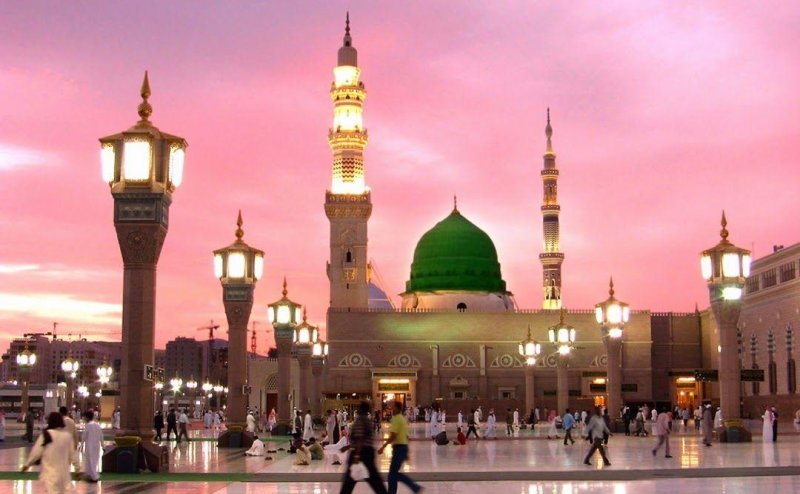Introduction:
Naat is a popular form of poetry in Islamic culture that is sung or recited in praise of Prophet Muhammad (PBUH). It is a beautiful expression of love, devotion, and reverence towards the Prophet and his teachings. On this page, we will explore the concept of naat, its history, significance, and the impact it has on the Muslim community.
What is a Naat?
A naat is a form of poetry in the Arabic, Urdu, or Persian language that praises the Prophet Muhammad (PBUH). It is an expression of love and admiration towards the Prophet and his life. Naats are usually sung or recited in a melodious and soulful manner to create an emotional connection with the listeners. Naat is a means to honor the Prophet’s noble character, his struggles, and his message of peace and love.
History of Naat:
The origins of naat can be traced back to the early days of Islam when the companions of the Prophet used to recite poetry in his praise. The first known naat was composed by Hassan ibn Thabit, a companion of the Prophet, who recited it in front of the Prophet himself. Naats gained popularity in the Islamic world during the Abbasid era (750-1258) when many poets composed naats in Arabic, Urdu, and Persian.
The significance of Naat:
Naat is considered an essential part of Islamic culture and is widely recited in religious gatherings, mosques, and homes. Muslims believe that reciting naat brings them closer to the Prophet and helps them to connect with his message of peace and love. Naat is also used as a means to celebrate the Prophet’s birthday (Eid Milad-un-Nabi) and other significant events in Islamic history.
Impact of Naat on the Muslim community:
Naat has a profound impact on the Muslim community, especially on the spiritual and emotional well-being of individuals. Naat has the power to move people’s hearts, increase their love and devotion towards the Prophet, and inspire them to live a life according to his teachings. Naat has been used as a means to spread the message of Islam and to promote unity, harmony, and peace among Muslims.
Conclusion:
In conclusion, Islamic naat is a beautiful form of poetry that expresses love, devotion, and admiration towards the Prophet Muhammad (PBUH). It has a rich history and a significant impact on the Muslim community. Naat is an essential part of Islamic culture and is recited widely in religious gatherings and other events. Naat has the power to bring people closer to the Prophet’s message of peace and love and to inspire them to live a life of righteousness and compassion.
